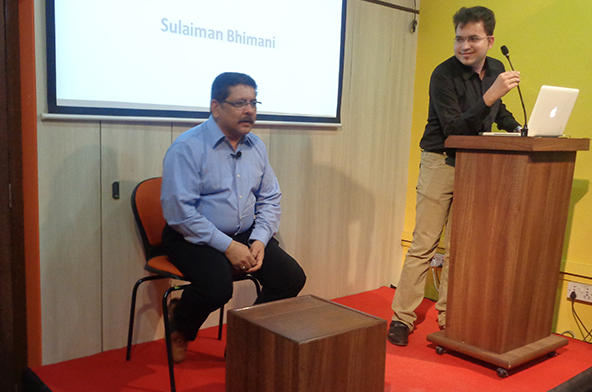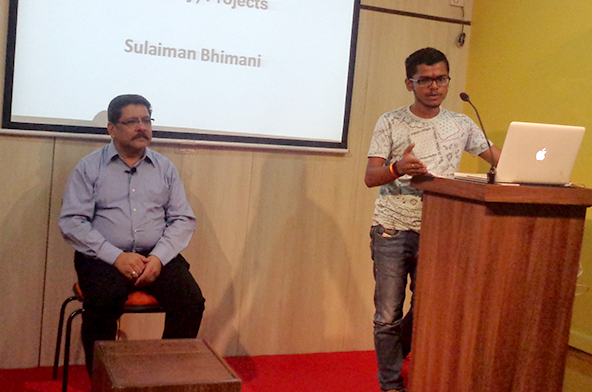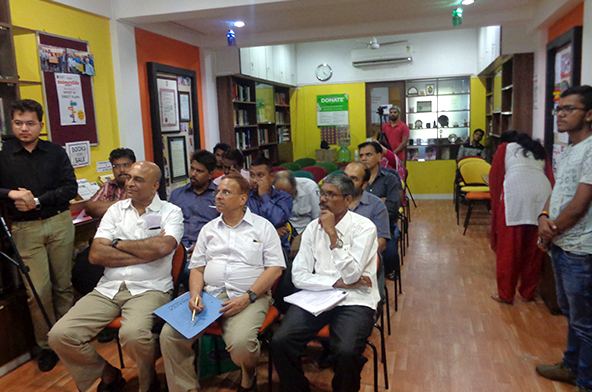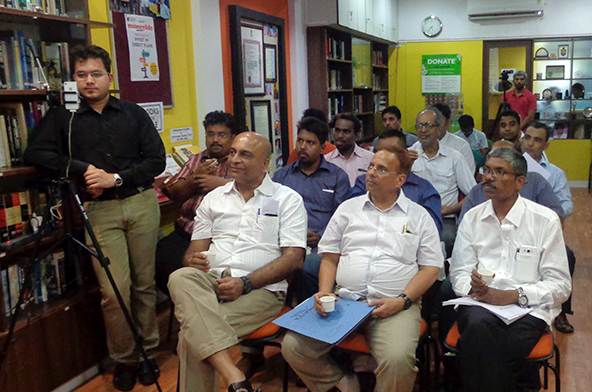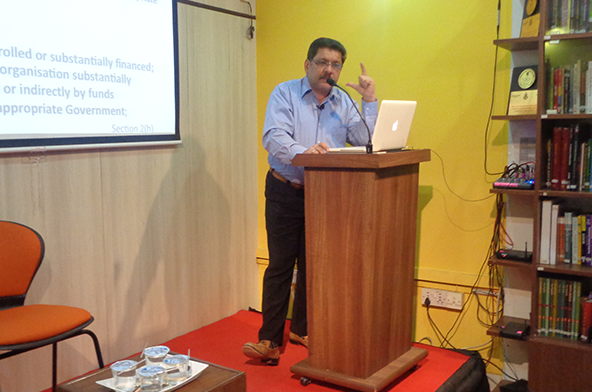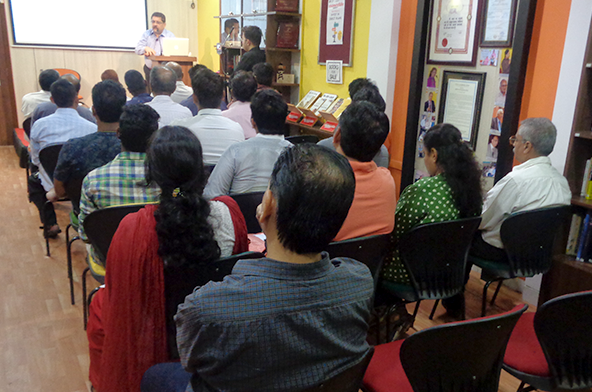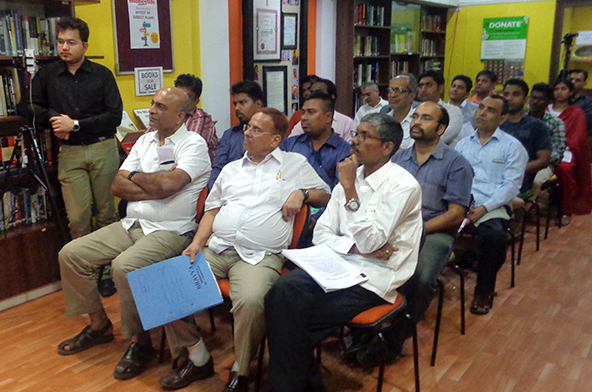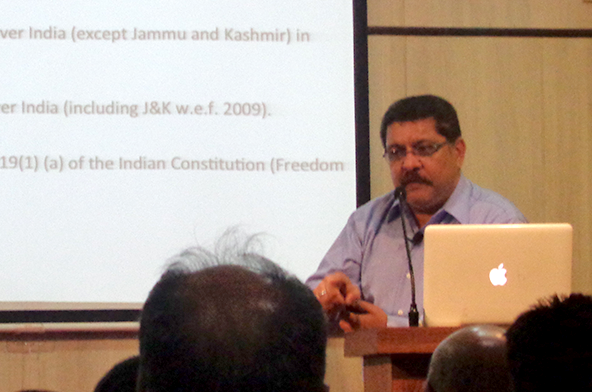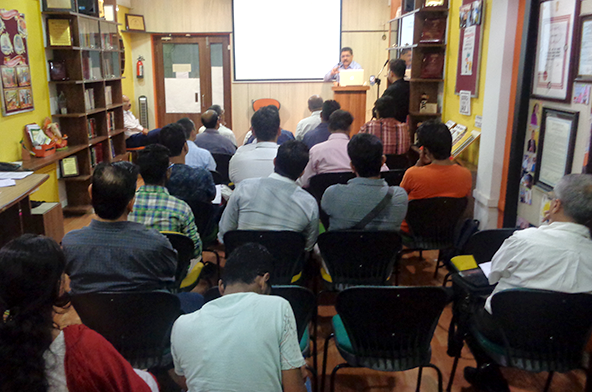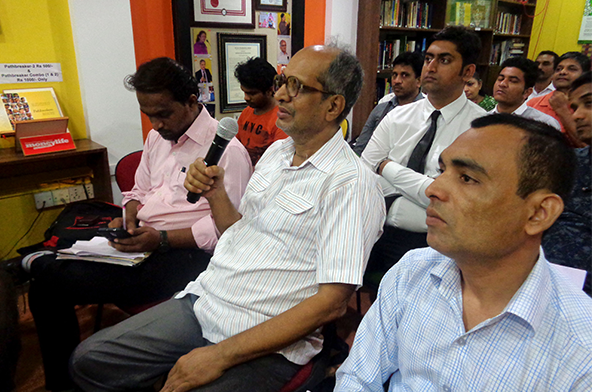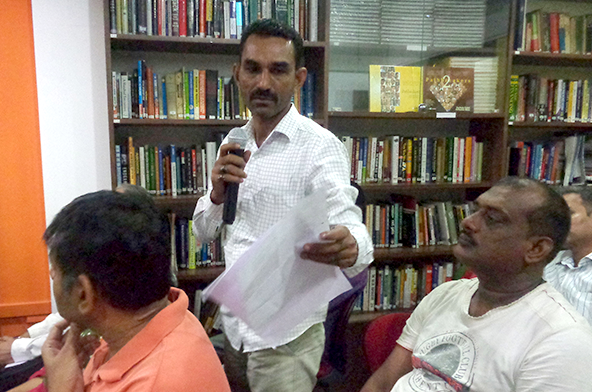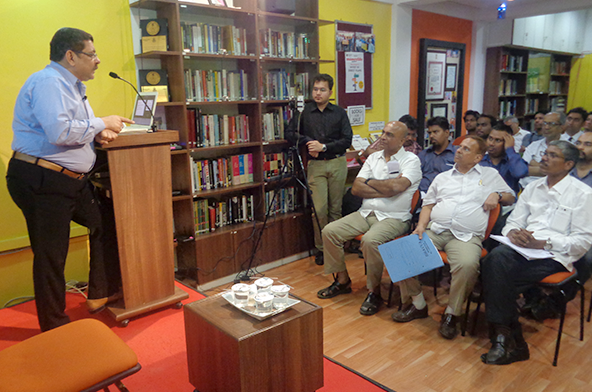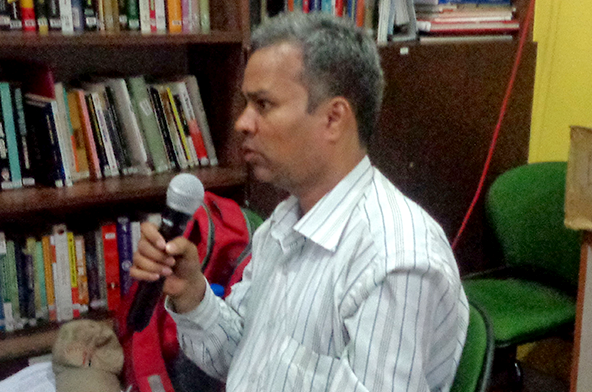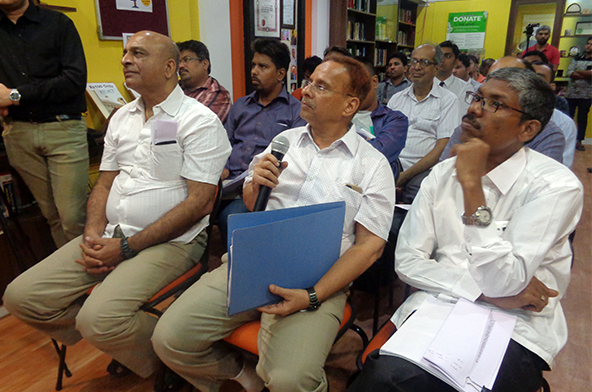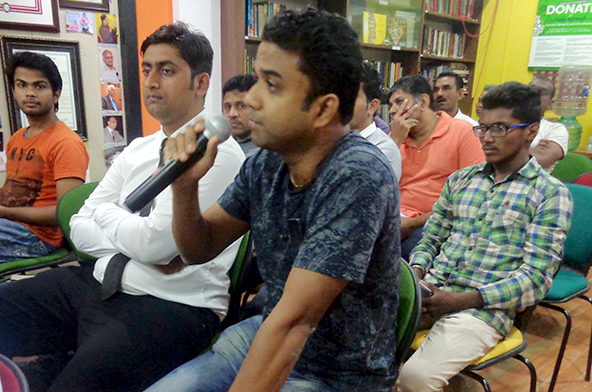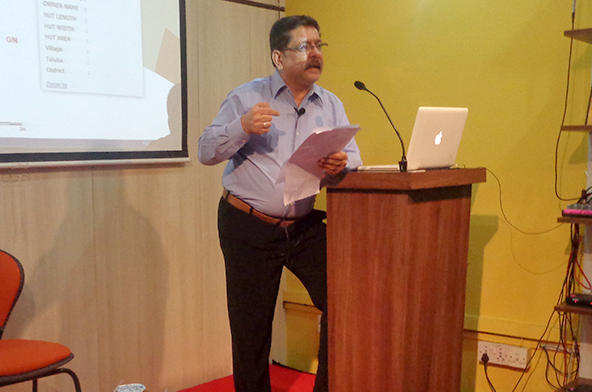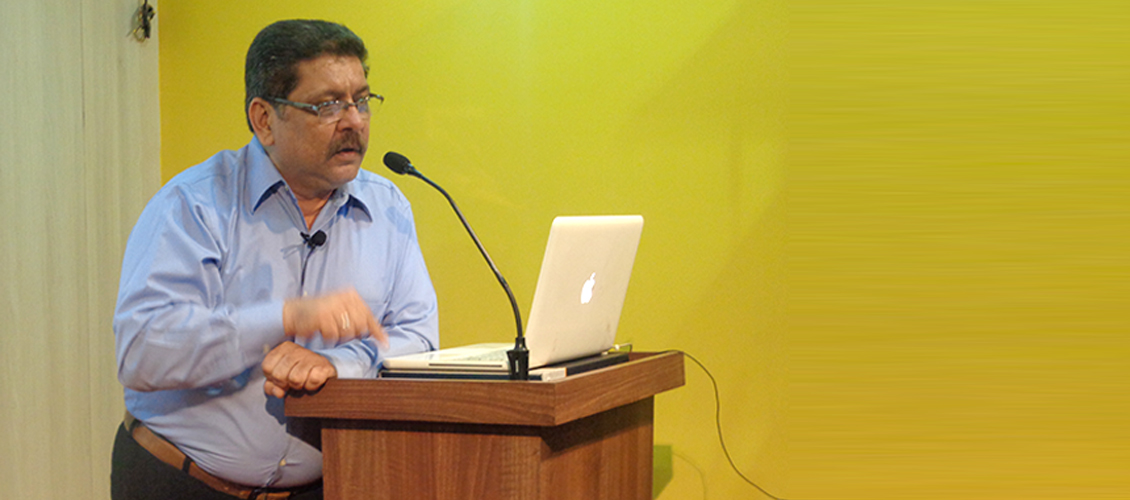
“Right to Information (RTI) is a very effective tool of obtaining information but equally important is writing it effectively else you may either find no reply or have some misleading information obtained on account of it,” says Sulaiman Bhimani, an RTI activist and Founder-President of Citizens Justice Forum. He was speaking at an RTI workshop, “Using RTI for Information on SRA (Slum Rehabilitation Authority) Projects”, organised by Moneylife Foundation’s RTI Center in Mumbai.
According to Mr Bhimani, to get desired information from the public authority, one needs to write RTI application in a very precise and specific manner.
“However, before sending RTI application for a public authority, like the Slum Rehabilitation Authority, we should check if the information is already available on its website, which will save precious time,” he says.
He demonstrated the audience on how to use the GIS-MIS Slum Data effectively to search the information available on the Slum Rehabilitation Authority (SRA) website
Mr Bhimani suggested that most of the information is available on the SRA website and one should initially search the portal to seek that particular information. And if found necessary, only then the person should file an RTI application else the PIO might not provide the appropriate reply.
He showed the Slum Cluster List on the portal and demonstrated on how a person can access and view details like boundary, village, taluka, district, slum name and area of the slum project.
Mr Bhimani stated that since the Maharashtra government has set a word limit of 150 words for the description of the information sought, an applicant should mention “Kindly provide me…” in the ‘subject line’ and further elaborate the details of the information that seeking in the ‘description’. “This rule (150-word limit) was implemented by the then Chief Minister Prithviraj Chavan to curb the applicants writing lengthy applications running into multiple pages. This also reduced the burden of the Public Information Officers (PIOs).”
Responding to a query, Mr Bhimani says, “Many allege that the activists use RTI for blackmailing. However, this is an incorrect view. Whatever information I obtain under RTI, is not for my personal gain but for the public at large and thus I publish it on my Facebook, Blog and also share it on WhatsApp.”
Mr Bhimani also feels that use of social media like the Twitter can prove beneficial nowadays. “A group approached me to avert their building demolition. But they had rushed to me in the eleventh hour and so I could not do much to help them at that time. So after examining the documents and on basis of their information, I suggested them to open accounts and collectively post on Twitter, a message saying that the authority to give permission for demolition lies with the Collector and Police had no role in this. This message started trending to the extent that it was taken notice by the higher authorities thereby insisting the Deputy Commissioner of Police (DCP) to call me for a meeting and mediate the issue.”
Extending his help for those who want to file RTI applications, Mr Bhimani said, “I am always available to those seeking my help and we can collectively fight for various issues affecting the public at large. I work for the betterment of the people and we should encourage the use of RTI for public good. This will facilitate in bringing transparency, accountability and good governance as enshrined in the objective of the RTI Act.”
The workshop concluded with Mr Bhimani attending to participant’s query and providing them with remedies to resolve their issues.


